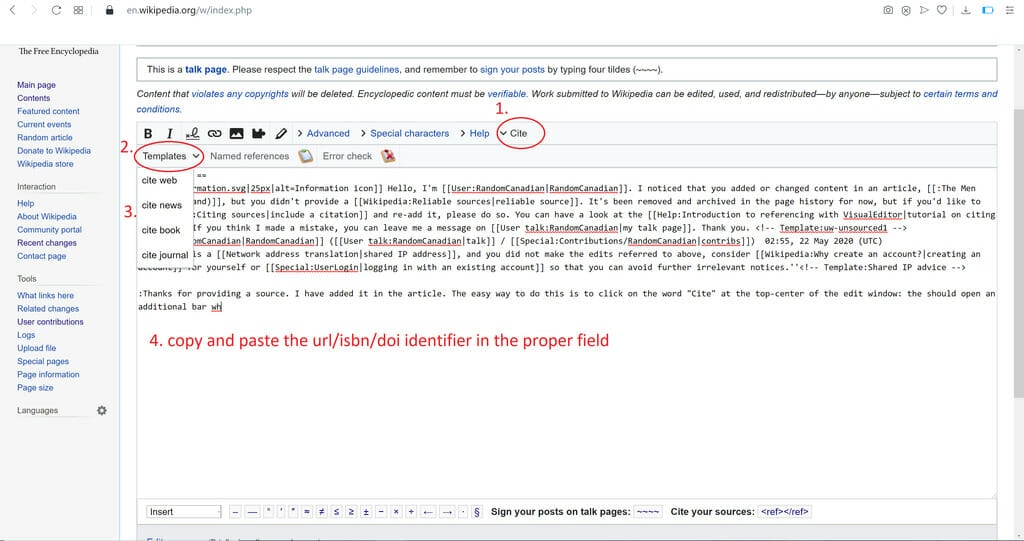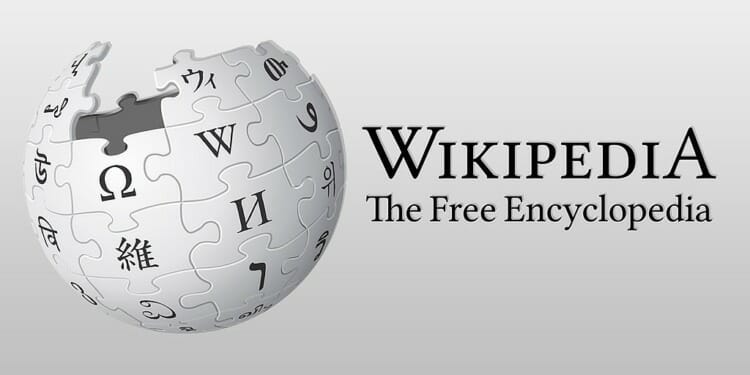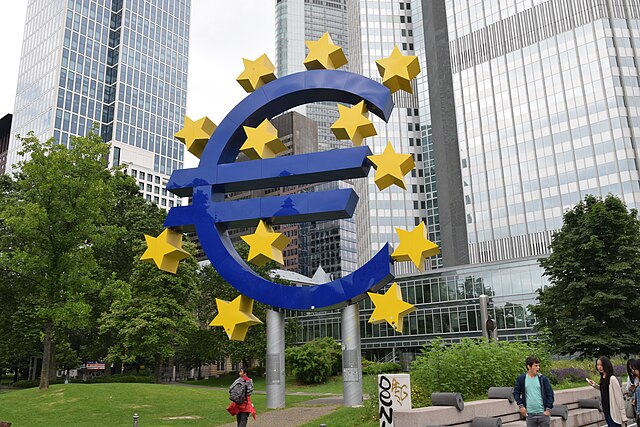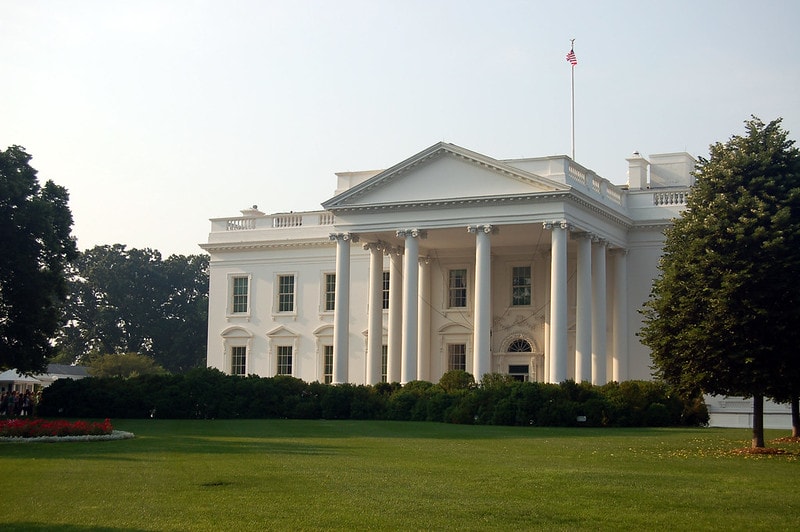A number of foreign language Wikipedia articles are spreading misleading information about the causes of climate change and other conspiracy theories, BBC News has found.
The Swahili, Kazakh, Belarusian and Greek versions of Wikipedia’s article on climate change, suggest that there is not a scientific consensus on the causes of global warming, and that alternate theories, such as solar activity, could explain the rise in temperatures seen since the industrial period.
Some of the pages also list conspiracy theories, such as the emergence of a totalitarian world government as a cause, and that climate action relates to financial interests. BBC News also notes that more than a third of the Croatian entry on climate change is dedicated to disputing climate science, while citing the power of lobbying groups, both from the fossil fuel and renewable industry, in influencing government policy and media coverage.
The contents of these pages does not accurately represent the fact that there is a scientific consensus that climate change is directly caused by greenhouse gases and other human activity.
Wikimedia Foundation senior programme strategist, Alex Stinson, said that the findings “worry him a lot,” and that “this is why we need more people involved in this project.” He called for more volunteers to help edit foreign language articles.
How does Wikipedia fight misinformation?
Wikipedia, especially non-English wikipedia, has always had to fight hard against misinformation. Anyone with an internet connection can edit pages on the site, which has allowed wikipedia to have detailed pages about every topic under the sun, from the crinkle-leaved bunny orchid to Slivovnik, a tiny village in northwestern Bulgaria.
But it’s this same accessibility that makes it easy for users to spread misinformation. For this reason, it has been fighting misinformation since its inception in 2001 on all corners of its site. However, it is a lot more prevalent on non-English articles, particularly ones which contain a language with a relatively small number of native speakers – for example, Croatian.

The English language version of Wikipedia, which is its largest, has more than 40,000 people actively editing its articles per month. For articles dedicated to climate change, it has dedicated editors who constantly check that misinformation and pseudoscience are not being spread. But for more than 150 languages available on the site, there are no more than ten people editing articles per month.
For this reason, foreign language Wikipedia is a great tool to spread propaganda. Take the entry on the “Nanjing Massacre”, an event in WWII that saw the massacre by the Japanese Imperial army of residents of the then capital of China, Nanjing. On the Japanese version of the page, which calls it “The Nanjing Incident (南京事件), and it says, “The Chinese side calls it the Nanjing Massacre, but the truth of the incident is still unknown.” This is especially concerning, given that Japanese Wikipedia is the most visited version of the site after its English counterpart.
Related Articles: IMPAKTER ESSAY: WHY FAKE NEWS GOES VIRAL | The Year of COVID-19 Misinformation: “These Foolish Things”… | False Climate News in Ads Are Banned by Google | Facebook Outage Cost Millions and Sheds Light on its Shortcomings
Yumiko Sato, a Japanese writer who discovered this issue on Japanese Wikipedia, has noted that often Wikipedia editors who spread misinformation hide behind claims of neutrality. This can often give the impression that events or scientific phenomena are widely disputed or poorly understood. In the context of climate change, this is a form of denialism that seeks to slow or halt entirely climate action. Sato also argues that language versions which are only spoken in one country, like Japanese or Croatian, are affected by the culture and dominant views of that country. This allows nationalistic viewpoints to be spread more easily.
Fighting COVID misinformation
Wikipedia faced new difficulties with the outbreak of the pandemic and the rise in virus and vaccine-related conspiracy theories.
The site partnered with the WHO (World Health Organisation) to help fight COVID misinformation by making some of its public health information available under Wikipedia’s Creative Commons license. Doctors, such as Netha Hussain from Kerala, India, told CNET that they had taken up editing thousands of articles to monitor and edit articles related to COVID-19, in the hopes that it could save lives.
In February 2021, Wikipedia announced a “new code of conduct” to expand on its community guidelines, in the hopes that it would help to strengthen the site’s ability to combat harassment and users deliberately spreading false information.
As a result of the work that Wikipedia has put into fighting misinformation, it has started to shed its reputation as an unreliable source. Facebook and Youtube now link to Wikipedia when content on their sites relates to issues like climate change and COVID-19, in their attempts to fight false information.
Wikipedia has certainly become more reliable over the years, but when people praise its accuracy, as UK and US media did on its 20th birthday, they tend to focus on the accuracy of its English version. This makes clear that what really makes the site such a useful and largely factually correct online encyclopedia is the tireless work of thousands of volunteer editors. While that may be the case on the most popular language section of the website, it isn’t always true for the other language versions available.
When it comes to the most pressing issues of our time, including climate change, it’s essential that accurate information is displayed. And the information must not portray a false balance, but instead make sure that the scientific consensus is conveyed. If Wikipedia wants to live up to its reputation as a global source of unbiased information, it has to look beyond its English articles.
Editor’s Note: The opinions expressed here by Impakter.com columnists are their own, not those of Impakter.com. — In the Featured Photo: Wikipedia logo. Featured Photo Credit: Harleen Quinzellová.













